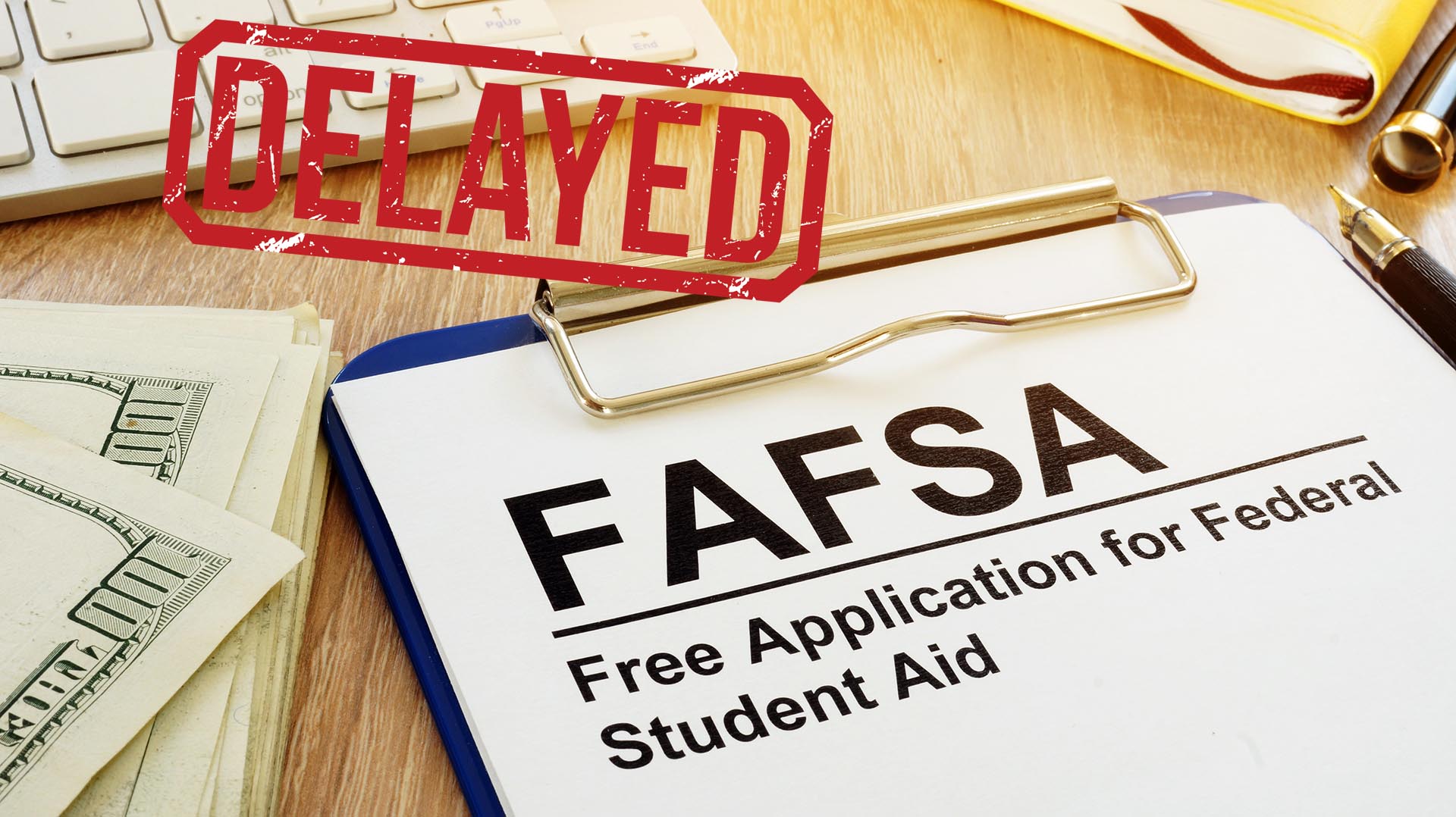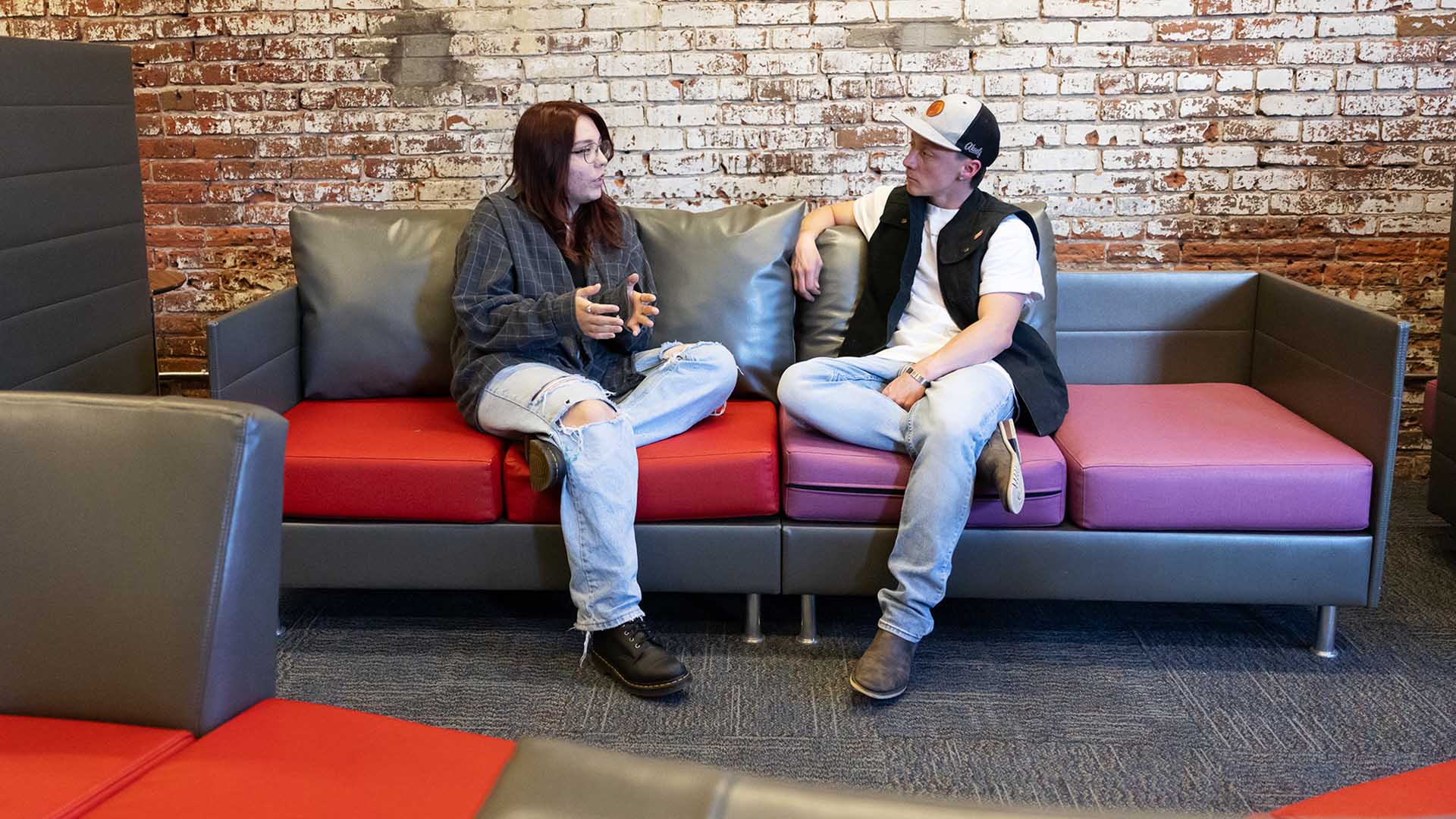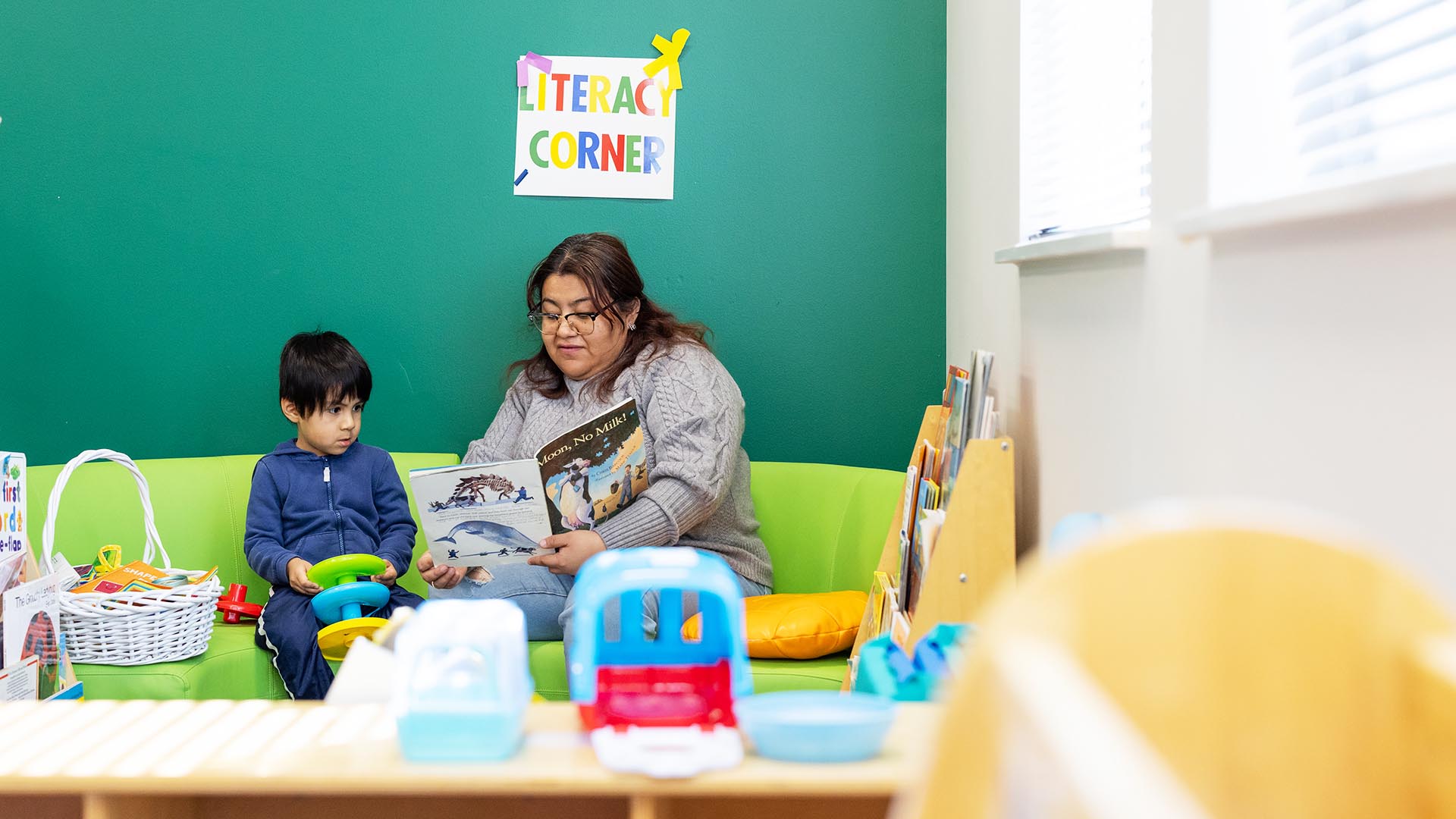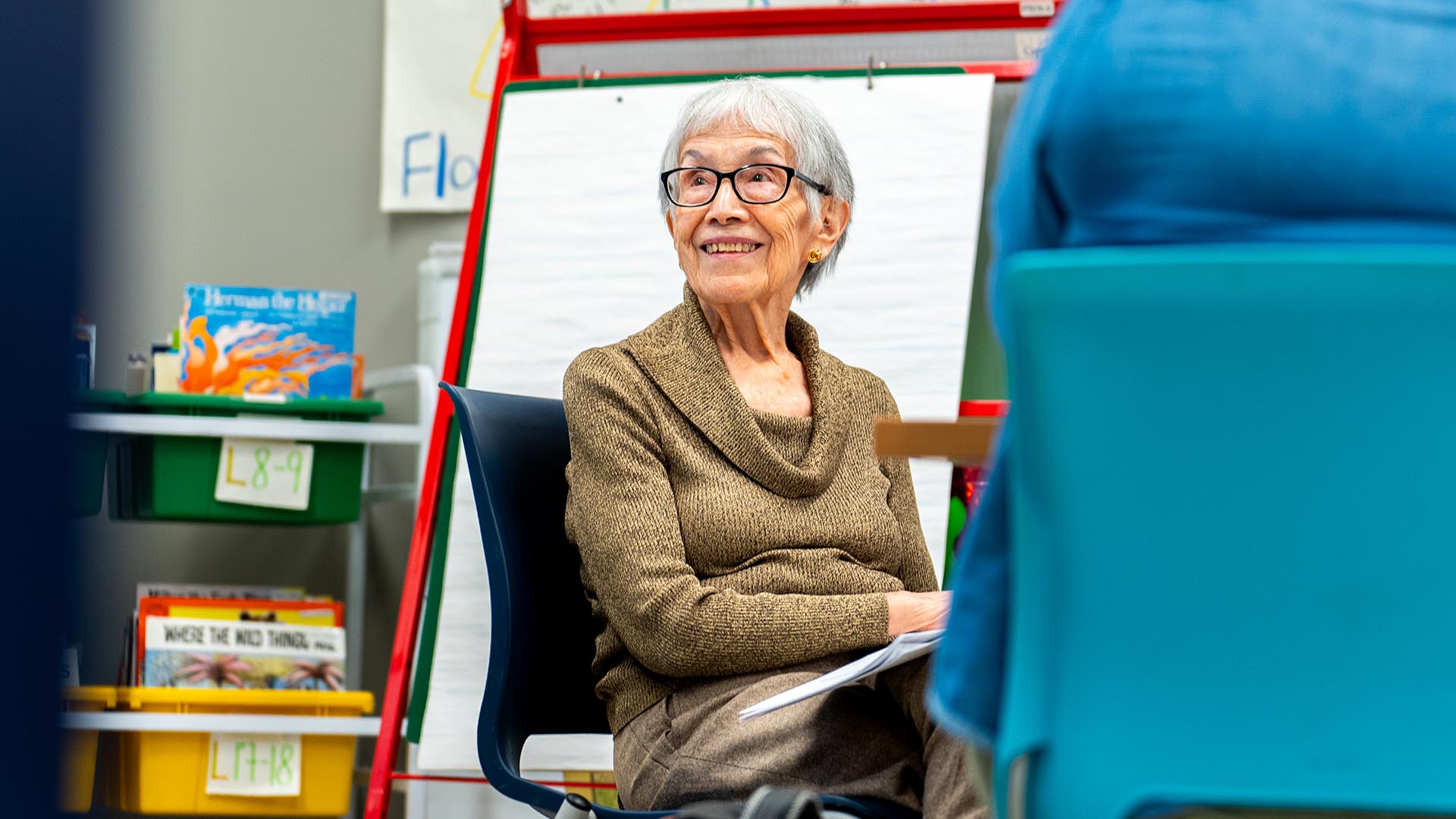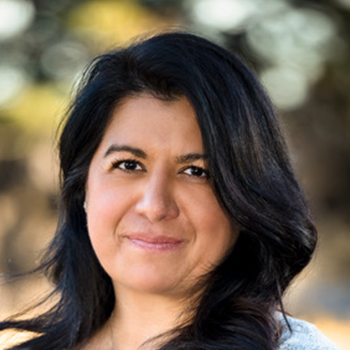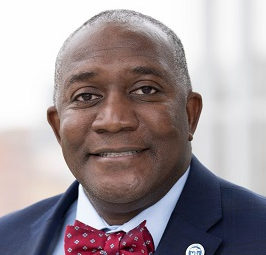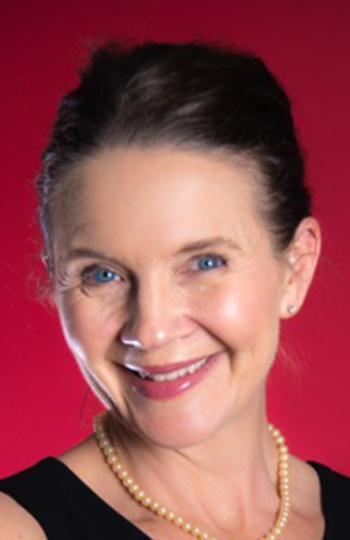CARES Act dollars help Colorado schools RISE
A new grant program is addressing educational inequities across the state. Here's how MSU Denver will use $2.38 million it was awarded to help underserved students earn degrees and find jobs.
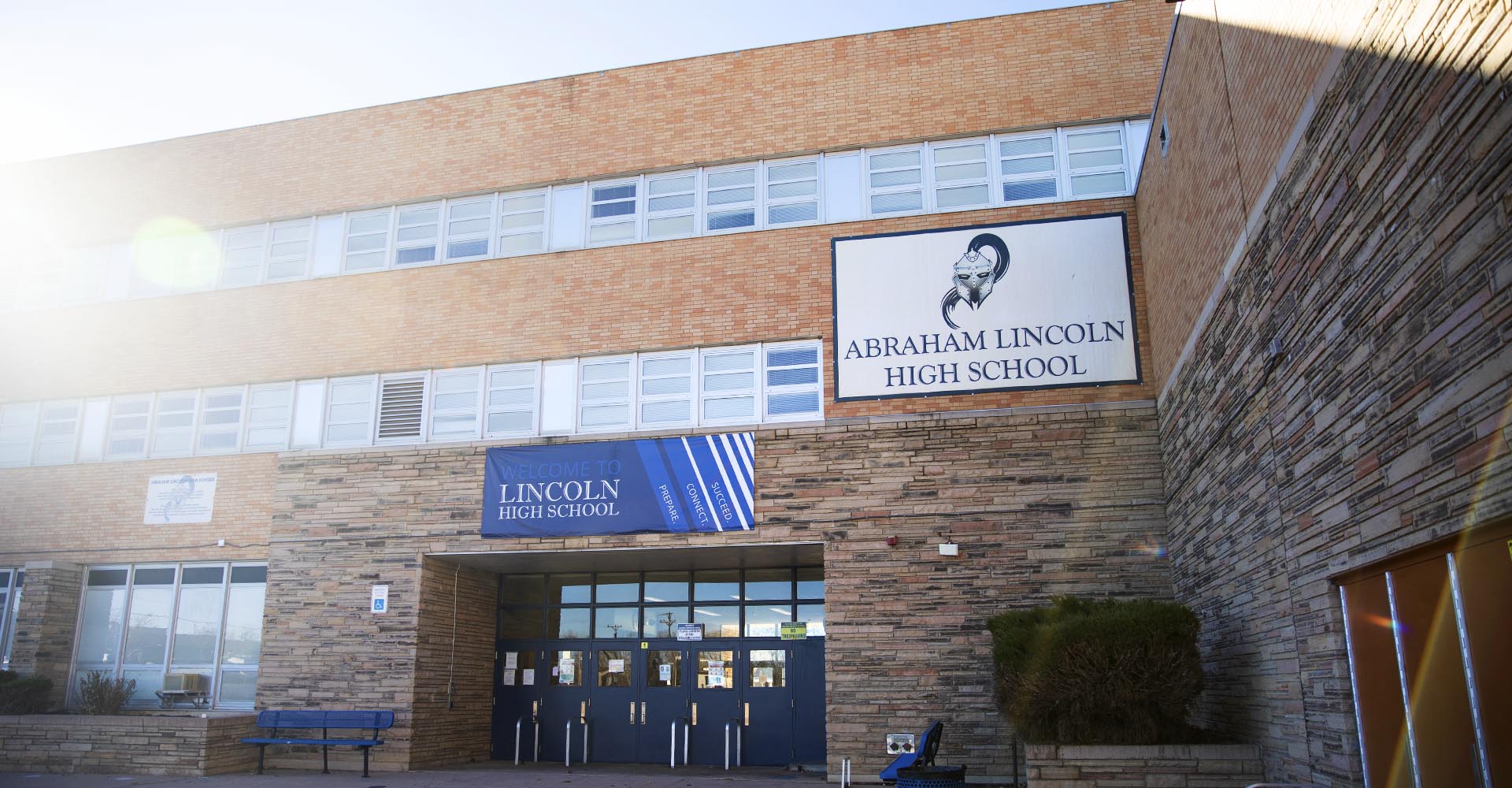
An innovative new public-private partnership is distributing CARES Act dollars to address K-12 and higher-education equity issues caused and exacerbated by the COVID-19 pandemic.
The State of Colorado used its CARES Act allotment to fund a $32.7 million grant initiative, dubbed the Response, Innovation and Student Equity Education Fund, or RISE, to develop local solutions to broad problems in education. The goal is to use the one-time federal funding to not only solve problems created by the pandemic but to find lasting solutions to educational inequities that existed before COVID-19.
The state announced 13 RISE grant winners in November, with priority given to proposals that serve a rural community or schools with turnaround plans and address significant academic gaps. A second round of grants will be awarded in January, with applications due Dec. 19.
“We’re the only state in the country that I know of that is doing this with CARES Act dollars,” said Mike Johnston, a trustee at Metropolitan State University of Denver and president and CEO of Gary Community Investments. “We’re going to lead the country by setting an example.”
Reaching rural Colorado
MSU Denver received a $2.38 million RISE grant for a proposal called “Pathways to Possible.” It creates a pipeline to move students of color, underserved students and rural students from ninth grade through college graduation and into the Colorado workforce.
Pathways to Possible focuses on access and retention. On the access side, MSU Denver plans to provide concurrent-enrollment opportunities so underserved students can earn college credit while still in high school, said Nahum Kisner, director of student support and retention. From there, the first group of 285 students will be identified and admitted to MSU Denver.
Retention initiatives to keep that group in college kick in even before students begin their first year, he said. Programs will help students make the transition from high school to college, including a summer bridge program of internships, and then help them through college and prepare for a career.
The students will also receive a $500 stipend each fall and spring semester, student employment opportunities, wraparound academic support and career coaching, Kisner said.
“I talked to a school principal about this, and I think if she could have, she would have jumped through the phone and hugged me when she heard this. This is something that she really knows is going to help her students,” he said.
The University identified possible partner high schools in northeast Colorado and Denver where it will subsidize concurrent enrollment, establish peer mentoring and recruit students into a cohort that will receive advising, financial help and career opportunities, said Will Simpkins, MSU Denver vice president for Student Affairs. Conversations with schools in rural communities and Denver Public Schools are ongoing, and include schools the University already has concurrent enrollment partnerships with, such as Abraham Lincoln High School.

The University’s ability to address the needs of rural communities was made possible by its rapid expansion of online learning last spring in response to the pandemic.
“This is a transition from MSU Denver serving the urban core of the state to MSU Denver, in the middle of the state, serving the entire state,” Simpkins said.
That expansion of online offerings also better positions MSU Denver to help the state achieve the goals in its master plan for higher education, which established a goal of postsecondary credential attainment for 66% of Colorado adults and closing dramatic racial and ethnic attainment gaps. Almost half of MSU Denver undergraduates are students of color, and 96% of its students are from Colorado.
“We’re the only institution that educates Coloradans at scale,” Simpkins said. “We’re the only institution that has the numbers of students of color that we do, that has made a commitment to both an access mission and a Hispanic-Serving Institution identity.”
Reversing inequities
Gov. Jared Polis tapped Johnston, a former educator and policy advisor to the 2008 presidential campaign of Barack Obama, to lead a coalition of education stakeholders in designing a grant system that supports and evaluates creative projects solving specific problems in education.
Among the partners Johnston brought on board is the Gates Family Foundation, which helped address inequity in the grant-application process by sponsoring writers or analysts for educational entities lacking the resources to put together a strong proposal. The goal, Johnston said, is to level the playing field from application to implementation.
“We want to use this fund as a chance to address those underlying inequalities, see how COVID has worsened them and see what creative local solutions people have for how they could address the current crisis – and more importantly, how they could build systems that would reverse these underlying inequities long-term,” he said.
As the project progresses, the RISE committee will keep a close watch on what is working and what localized practices can be replicated in other places, Johnston said.
“We are working with some local researchers on how to do evaluation of these projects so that we can learn the lessons of what works and what doesn’t,” Johnston said. “Our hope is that these targeted grant dollars will allow for specific innovations that schools and colleges will build and then that these innovations can scale to other parts of the state.
“These are the leaders with the bold solutions we can all share.”

